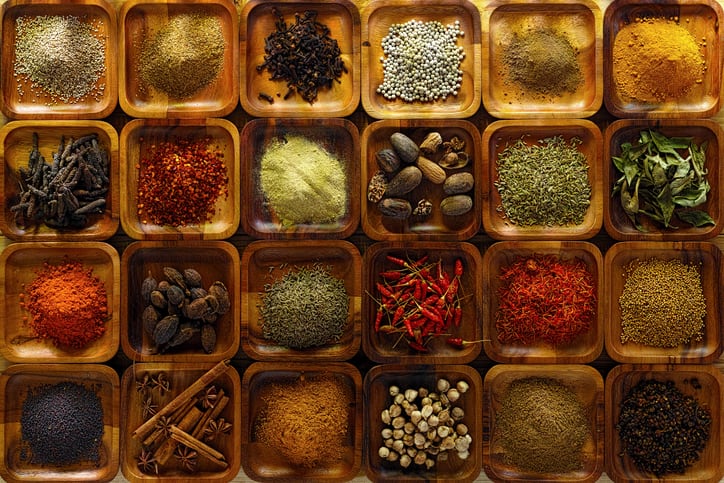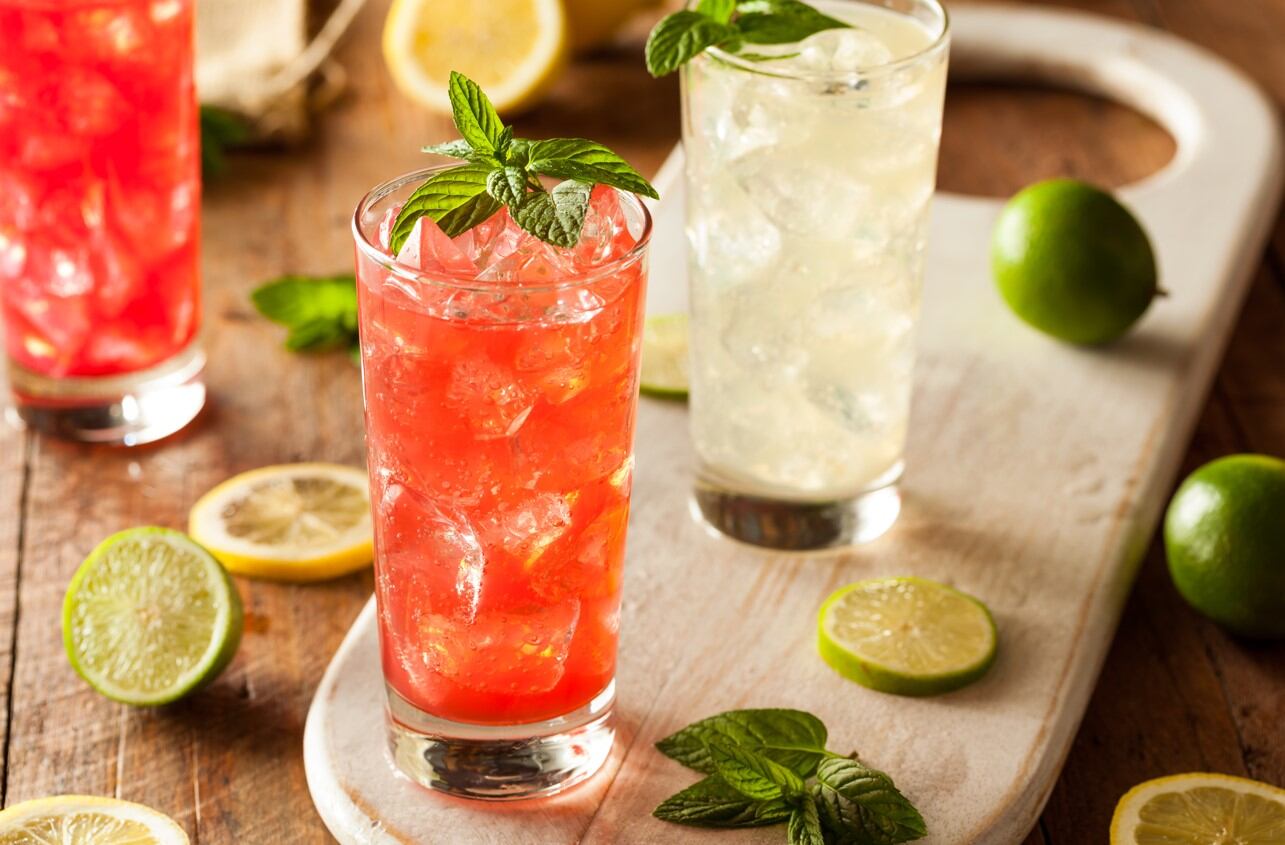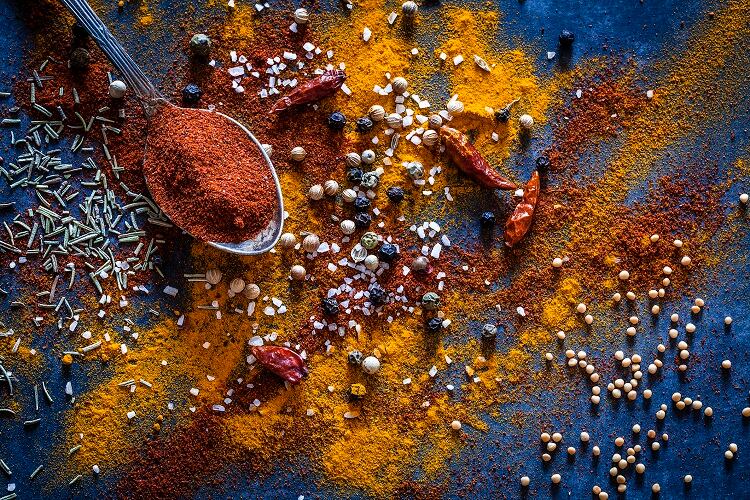Revealing the upcoming trends for 2022, Jyoti Patel said big food manufacturers should bear in mind that COVID-19 restrictions have made consumers feel more disconnected to the world than ever before. Therefore, “giving people the opportunity to taste rare ingredients from distant countries is a great way to connect them to the places they dream of visiting, holiday experiences they wish they could return to, or distant countries they call home.”
Patel was inspired to set up Red Rickshaw based on the personal difficulties she faced when trying to find and source authentic Indian ingredients in the UK. It has since become an online retailer for world ingredients for home cooks and supplier to many Michelin star restaurants. Jyoti then launched FeastBox to “educate and guide customers” on how to authentically use rare and unfamiliar ingredients within their cooking. FeastBox hopes to expand its recipe box offerings to Europe and beyond. “By providing our customers with unique, globally sourced ingredients we can enable them to embrace different cultures and develop a more in-depth understanding of where their food comes from,” said the founder.
Previously, Red Rickshaw predominantly supplied Indian ingredients. But it has since expanded its product offerings to include ingredients from other cultures and cuisines. “During lockdown when many of our communities were cut-off from their source of ingredients, we expanded our global offering to include ingredients for African, Thai, and Chinese cuisines, and we hope to continue to source a wider selection of ingredients from cuisines as we expand.”
Red Rickshaw is innovating with three unique ingredients to tap into a desire among end consumers for exotic flavours: Gochujang paste, preserved lemons, and garden eggs.
“Whilst the UK food scene has undoubtedly changed over the last few years, with new exotic ingredients becoming increasingly popular amongst adventurous customers, there are still many ingredients that remain unfamiliar to UK consumers,” explained Patel.
Gochujang paste
“At Red Rickshaw, we have seen a largely unfamiliar ingredient called Gochujang paste (Korean hot red pepper paste) significantly rise in popularity. This has been partly fuelled by a recent increased interest in Korean culture, brought about by Netflix shows such as Squid Game. This paste, often known as ‘Korean Ketchup’, has been a central element of authentic Korean cuisine for years. Made from fresh and high-quality ingredients, this product delivers a rich flavour and distinctive aroma to dishes. Gochujang paste can be easily incorporated into everyday meals. It's really versatile with so much cooking potential. It can be used to spice up classic Korean recipes and stir-fries or just added to any dish that needs a quick burst of heat and sweetness.”
Preserved Lemons
“Whilst preserved lemons have traditionally been viewed as an ingredient exclusive to Middle Eastern tagines and other North African stews, in more recent years they have become more readily available in the UK. Hence, people in the UK are beginning to uncover the flavour and excitement the preserved lemon can bring to everyday cooking. These lemons, preserved whole in a brine of salt and water, have a much more intense flavour than normal lemons and can bring a delicious citrus flavour into many meals. For example, you can cut this food in half and roast them with potatoes, meat, vegetables. You can also use mix them with yoghurt to produce your own tahini or incorporate them as part of a homemade stuffing.”
Garden Eggs
“Garden eggs are a small white fruit most commonly found in parts of Africa. They form part of the Aubergine family, and are packed full of nutrients, including potassium, vitamin B1 and vitamin B6 helping to raise energy levels and support general health. With plant-based diets on the rise, the classic aubergine has grown in popularity as an easy, high fibre substitute for meat in dishes. Garden eggs similarly are valued for their ability to absorb intense flavours, and will no doubt play a huge role as a meat replacement by many who opt for more sustainable vegetarian and vegan diets this new year.”
All of the rare and unfamiliar ingredients that are sold through Red Rickshaw and FeastBox are sourced from their country of origin. “By sourcing ingredients from their country of origin, we’re able to bring a taste of those cultures to the UK and beyond,” said Patel. “That’s because the more we learn about food, the more it helps us to appreciate others’ shared humanity and the abundant flavour opportunities available within global cuisines.”

Working with local farmers to supply ‘the best quality ingredients available locally’ brings taste, nutritional and sustainability benefits, Patel claimed. “In the UK, we’ve all grown largely accustomed to a world where most fruit and vegetables are at our fingertips even when they are not in season in that country,” she said. “As consumers, we need to understand more about where our food comes from and how its grown and stored and opt to shop for quality rather than convenience when sourcing our food.”
Supermarkets have long been reducing transit times for fruit and vegetables, using wax coatings and irradiating in bid to preserve fruits and vegetables in order to extend shelf life and cut down on food waste. For too many consumers, however, that ‘means eating flavourless ingredients that may have been preserved in cold storage for a very long time’, Patel claimed. “If you’ve tasted a tomato outside of this seasonal window, you’ll know that the taste is almost water-like with a much less intense flavour and freshness as the tomato doesn’t harbour a lot of flavour when eaten out of season.”
Not only will these practices alter the taste of these ingredients, but they will also alter the nutritional values, she added. “It’s not healthy for us to be consuming ingredients that have been gassed or radiated in any shape or form, especially when we have an abundance of high-quality, in-season ingredients available.”
Eating fresh fruit and vegetables when in season is also better for the environment, she further claimed.
Around 96% of the environmental impact of food production occurs before either the transportation or packaging phases, usually due to artificial and intensive mass farming methods. Red Rickshaw says it optimises its supply chain to ensure that ingredients are sourced in the least damaging way.
“By bringing the world’s best produce to the people of the UK and beyond, we want to help the food industry and foodies embrace the world’s biodiversity and balance the world’s diet, so that it isn’t so weighted toward unsustainable animal farming and high-yield, low-nutrition cash crops,” she observed.
“For example, eating Kenyan beans when in season is better for the environment than eating an apple that has been locally sourced which has been sitting in refrigeration for 9 months. So, it’s important for shoppers to look beyond supermarkets for reputable websites, where you can source those hard-to-find ingredients that have been quality controlled, to ensure the highest standards.”
However, is it a challenge for shoppers to prepare meals with unfamiliar ingredients? “On average, FeastBox meals take around 25-45 minutes to make,” Patel revealed. “Each recipe box is delivered directly to homes with the exact amount of ingredients required, alongside weeknight-friendly, easy to follow step-by-step recipe cards on exactly how to prepare meals with the ingredients, some of which might be unfamiliar to them but we guide them through.”




